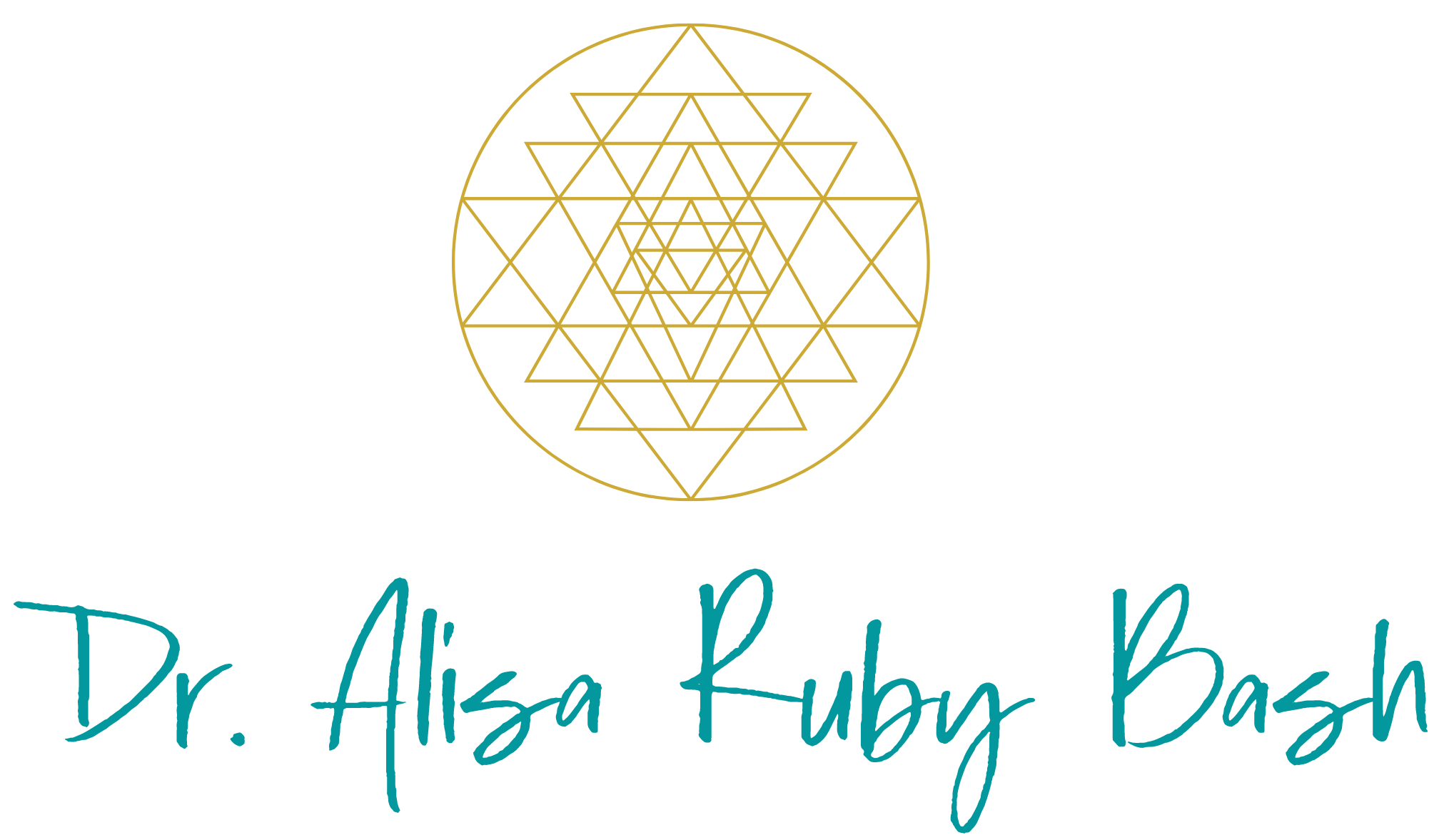Originally published in Bustle, by JR Thorpe
The COVID-19 pandemic has meant increased isolation for a lot of people. Even with lockdowns no longer as stringent as they were in March, many people are still working from home, minimizing their social outings, and avoiding intimate contact with people they don't live with. The truth is, hand-holding, hugging, or kissing outside of your pod will probably feel risky until there's a coronavirus vaccine. And for people who are super strict about avoiding that risk, that lack of contact can have a serious psychological impact, causing something called touch starvation.
"Touch starvation is the lack of touch between you and another living being," therapist Heidi McBain L.M.F.T. tells Bustle. Skin-on-skin contact is one of our basic needs, alongside sleep and food, and without it, Bain says, our health and wellbeing can suffer. "It has definitely been an issue as of late because of the global pandemic and the need to physically distance from others."
Psychotherapist Alisa Ruby Bash, Psy.D., L.M.F.T., tells Bustle that contact with peoples's bodies, whether it's the hug of a friend or interactions with hairdressers, massage therapists, or nail techs, can be a key part of our self-care — and when we're deprived of it, we experience higher levels of stress. "This has had devastating impacts on the mental health of most of the population," she says, pointing to the fact that the Centers for Disease Control & Prevention (CDC) have found higher rates of depression, anxiety, substance abuse, and suicidal thoughts across the U.S. since the pandemic began. "Even one long genuine platonic hug from someone we trust may be enough to help our mental and physical health."
Continue reading in Bustle
